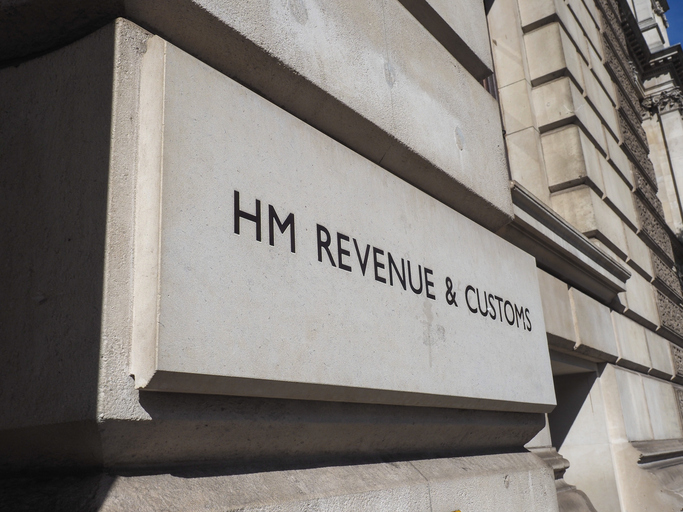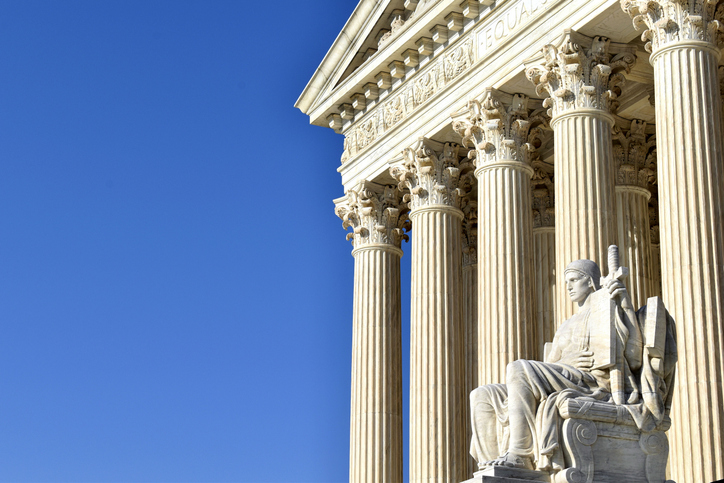Reporting Money Laundering Under the IRS Whistleblower Program
To combat money laundering, the IRS relies heavily on whistleblowers who can shed light on potential violations of tax laws. As a result, the IRS has created the IRS Whistleblower Program, a program which incentivizes whistleblowers with rewards for coming forward and contributing to financial transparency.
May 14, 2025

This information is provided for educational purposes only by Kohn, Kohn & Colapinto and does not constitute legal advice. No attorney-client relationship is created by accessing this content. Laws and regulations may change, and this material may not reflect the most current legal developments. If you believe you have a whistleblower claim, consult a qualified attorney to discuss your specific circumstances.
In the vast financial landscape, illicit activities like money laundering remain a persistent issue. It’s a method where illegal cash is processed to appear legitimate. The intersecting nature of money laundering and tax evasion makes it a primary concern for the IRS.
To combat such illicit practices, the IRS relies heavily on tax whistleblowers who can shed light on potential violations of tax laws. As a result, the IRS has created the IRS Whistleblower Program, a program which incentivizes whistleblowers with rewards for coming forward and contributing to financial transparency.
If you’re someone with intimate knowledge of a money laundering case where the fraud exceeds $200,000 for an individual, and $2 million from an organization, you may be eligible for rewards of between 15 and 30 percent for your information.
Continue reading to learn more about the program and to self-assess whether you’re eligible for rewards and protection from the IRS.
Key Requirements
- Whistleblowers should submit the IRS Form 211, titled Application for Award for Original Information, to the IRS.
- The submitted information must be detailed, credible, and verifiable independently.
- Disputed amounts must surpass $2 million, which can be a cumulative total from multiple tax years. For individual cases, the person’s annual gross income should exceed $200,000.
- Whistleblowers may receive an award of 15-30% of the IRS’s collected funds if their information leads to a successful judicial or administrative action.
IRS Whistleblower Program
The IRS Whistleblower Office was established to handle whistleblowers tips, and focuses on rewarding those who can provide substantial information about violations, especially when connected to money laundering. While the prospect of revealing such knowledge might seem daunting, the IRS ensures that those who step forward are both rewarded and protected.
What are the rewards you may ask?
Whistleblowers stand to gain a significant amount—a reward ranging between 15% to 30% of the total amount collected by the IRS. This becomes particularly substantial in cases involving vast sums of laundered money.
However, there’s a criterion that determines eligibility for these rewards. At the heart of any report should be solid evidence. A mere shadow of doubt or general accusations won’t stand; one needs to provide specific, credible information pointing towards the illicit activity.
You may also be asking: do I qualify for rewards?
There’s also a monetary threshold to consider. The IRS leans towards cases where the disputed amounts, inclusive of taxes, penalties, and interest, surpass $2 million. And if the taxpayer in question is an individual, their gross income also plays a factor in determining eligibility, and must exceed $200,000. Moreover, the information presented should be new and not something the IRS is already aware of or investigating.
I think I qualify, how do I go about reporting money laundering?
Before even considering reporting, one should gather as much evidence as possible, ensuring it’s both relevant and tangible. With evidence in hand, the next step involves filling out the correct form, specifically Form 211, titled “Application for Award for Original Information”.
Once completed, this form, accompanied by the evidence, should be submitted to the IRS Whistleblower Office. From there, it becomes a waiting game. The IRS, upon deeming the information actionable, launches an investigation. Depending on the outcome and the amounts collected, whistleblowers might find themselves eligible for a sizable reward.
Should I file for whistleblower rewards on my own or with an attorney?
In essence, while it’s technically possible to navigate the IRS Whistleblower Program alone, the stakes involved, both in terms of potential rewards and personal implications, make it prudent to have an expert by your side. An IRS whistleblower attorney is not just a legal representative; they’re a guide, protector, and advocate all rolled into one, ensuring that you navigate the whistleblowing journey with confidence and assurance.
Submit an intake to get in touch with us today for a free, no-obligation consultation. We’re behind some of the largest rewards in history, and have the expertise required to help you navigate the complexities of filing for rewards.
Our Firm’s Cases

$104 Million Reward
As an international banker at UBS in Switzerland, Bradley Birkenfeld exposed a massive tax evasion scheme, leading UBS to disclose over 4,450 U.S. tax evaders and pay a $780 million fine to the IRS. He was awarded $104 million by the IRS for his information.

$98 Million Award
The tax whistleblower exposed major international illegal tax schemes for offshore banks. This whistleblower’s allegations led to 387 US payers getting caught red-handed, having stashed millions in illegal offshore accounts.

$100 Million Exposed
Alex Cherpuko, a 21-year-old whistleblower at the time, exposed a $100 million criminal enterprise, securing a $69.6 million judgment and becoming the first to simultaneously use False Claims Act, Dodd-Frank Act, and IRS whistleblower laws.




